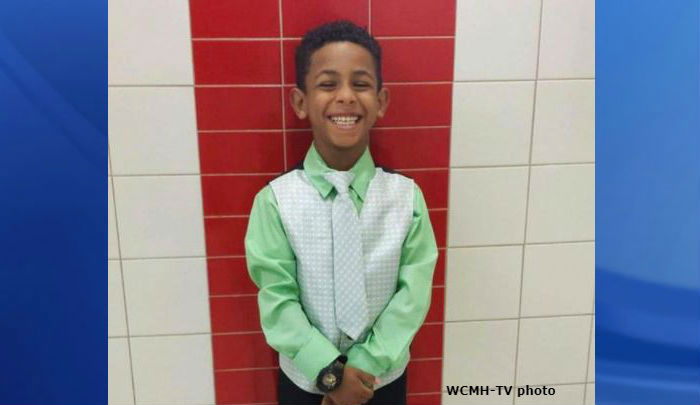CINCINNATI (AP) — An Ohio schools district changed its policies concerning bullying, but its superintendent hasn’t directly said whether those changes were influenced by the 2017 suicide of an 8-year-old boy who was reportedly bullied.

Cincinnati Public Schools Superintendent Laura Mitchell discussed the changes in a recent interview with WCPO-TV. She said the district website has a prominent new link for reporting bullying, that teachers and staff will receive more training and the district has hired a social worker with stress management expertise.
Reports about bullying nationwide and in Greater Cincinnati area showed that the district needed to pay closer attention to the issue, Mitchell said. While Mitchell did not connect those changes to Gabriel Taye’s suicide in January 2017, she said his death “rocked our entire community.”
Mitchell wouldn’t say whether Gabriel was bullied, WCPO reported.
Gabriel hanged himself two days after a surveillance video showed him being knocked unconscious at the entrance of an elementary school restroom.
Mitchell became superintendent in July, shortly before Gabriel’s family filed a federal wrongful death lawsuit against the district. She was a deputy superintendent for 12 years before her promotion.
The lawsuit claims that school officials minimized, denied and covered up bullying against Gabriel.
The school district has denied the allegations and has asked that the lawsuit be dismissed. Attorneys for the district have argued Gabriel wasn’t targeted by taunts, threats or violence.
According to his family’s attorneys, Gabriel’s parents didn’t know he’d been bullied until learning of a police email that described him as being knocked unconscious for several minutes. Attorney Jennifer Branch said school officials told Gabriel’s mother the boy had fainted.
Mitchell said in response to Branch’s comments that she hoped school officials would notify an adult as soon as possible if a student becomes incapacitated.
Coming up with solutions to preventing bullying is also a responsibility of families and the community, Mitchell said.
“It isn’t a school-based problem,” she said. “Bullying is really a societal problem.”










